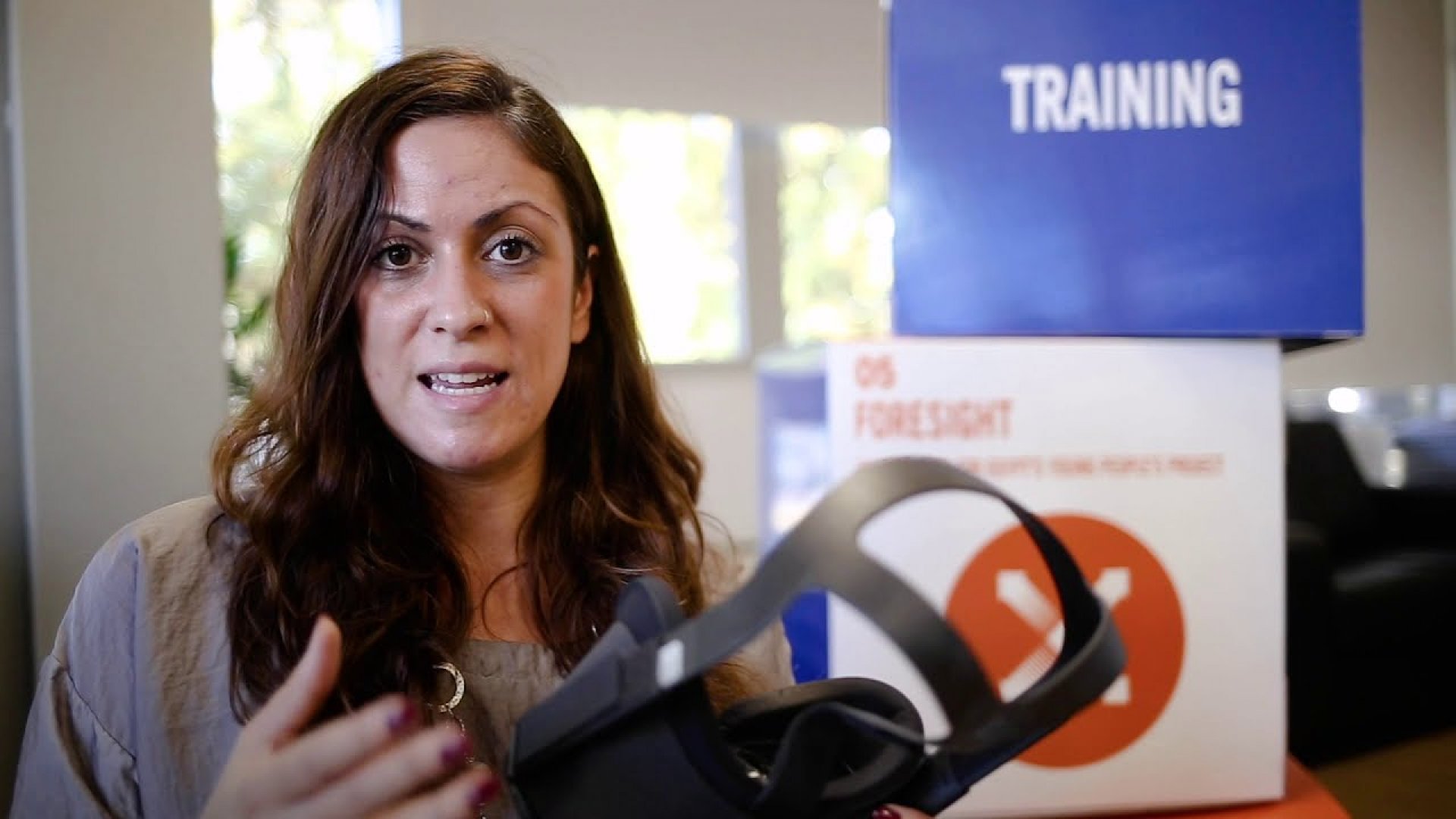How to use technology for learning and training in 2021
How to use technology for learning and training in 2021
The future of e-learning is a maze of online methods and tools. Stay positive without losing focus on what really matters: designing meaningful experiences.
18 Marzo 2021

We are living in extraordinary times. They call for extraordinary measures.
For the past 55 years, the ITCILO has been an innovator in the field of training technology. In the 1980s, the Centre was already making its first forays into distance learning.
Fast forward to 2020: the pandemic caught us all off guard. The Centre reacted in record time, with the help of innovation.
This is what we did:
- Moved courses online
- Published e-manuals to support the delivery of massive online formats
- Upgraded the institutional eCampus infrastructure
- Introduced digital credentials to build a paperless future of learning and training
- Accelerated the uptake of new learning modalities such as virtual reality and virtual fairs
"It’s no easy feat. That's why “tech it easy, tech on” has been my mantra since last March.
My personal reflection – after 12 months of digital transformation, digitization of content, evolution of technologies and creation of new online modalities – is that now, more than ever, we need to put our learners at the centre of all projects."
– Alessia Messuti, ITCILO Programme Officer
Serve learners first
New trends and tools may tempt us, but we should take a balanced approach and consider all our options. Our primary goal is to serve learners and support the learning cycle to build meaningful learning experiences, supported by technology.
Creating online learning experiences is not the same thing as hosting formerly in-person courses on Zoom. We should resist jumping to technocentric solutions.
4 quick tips on e-learning
This is not a list of how to use technology for learning purposes.
Instead, it's a compilation of how to keep a positive attitude towards technology without losing the focus on what really matters: designing meaningful (online) learning experiences.
- Don’t stress
If you work in the capacity building sector, remember: as a learning and training professional, you have strong communication, organizational, and research skills, you are adaptable, and you are enthusiastic about learning. Build on your strengths and find a new way.
- Put learners at the centre
Whether you're converting a face-to-face course to an online workshop or designing a massive virtual event from scratch, your beneficiaries are human beings with tangible needs, concrete interests, varied learning styles, and access to different technology. Keep them top of mind and reach out to them at any stage of the development process.
- Identify the e-Learning modality
In the COVID-19 era, everything is online, at least partially. You might have to design a self-guided online project, deliver a MOOC or plan a virtual reality session. Learners’ needs will dictate the best modality. Consider their inputs to inform the design of your project.
- Guide e-Learning design
Selecting technology, producing content, defining interaction complexity… don’t start here! Begin with the objectives, then define learning activities, and finally identify content to build meaningful experiences.
Refine your e-learning design skills
Keep these principles in mind to create measurable impact.
Although technology plays a crucial role, your primary focus should be on how content is organized (sequential order, logical structure, facilitation of meaning, etc.) and why learners should access it.
If you're interested in joining a hands-on online lab on this topic, you're in luck! We're launching the e-Learning Design LAB on 4 May. You'll also get one-on-one coaching on your institutional e-Learning project.



